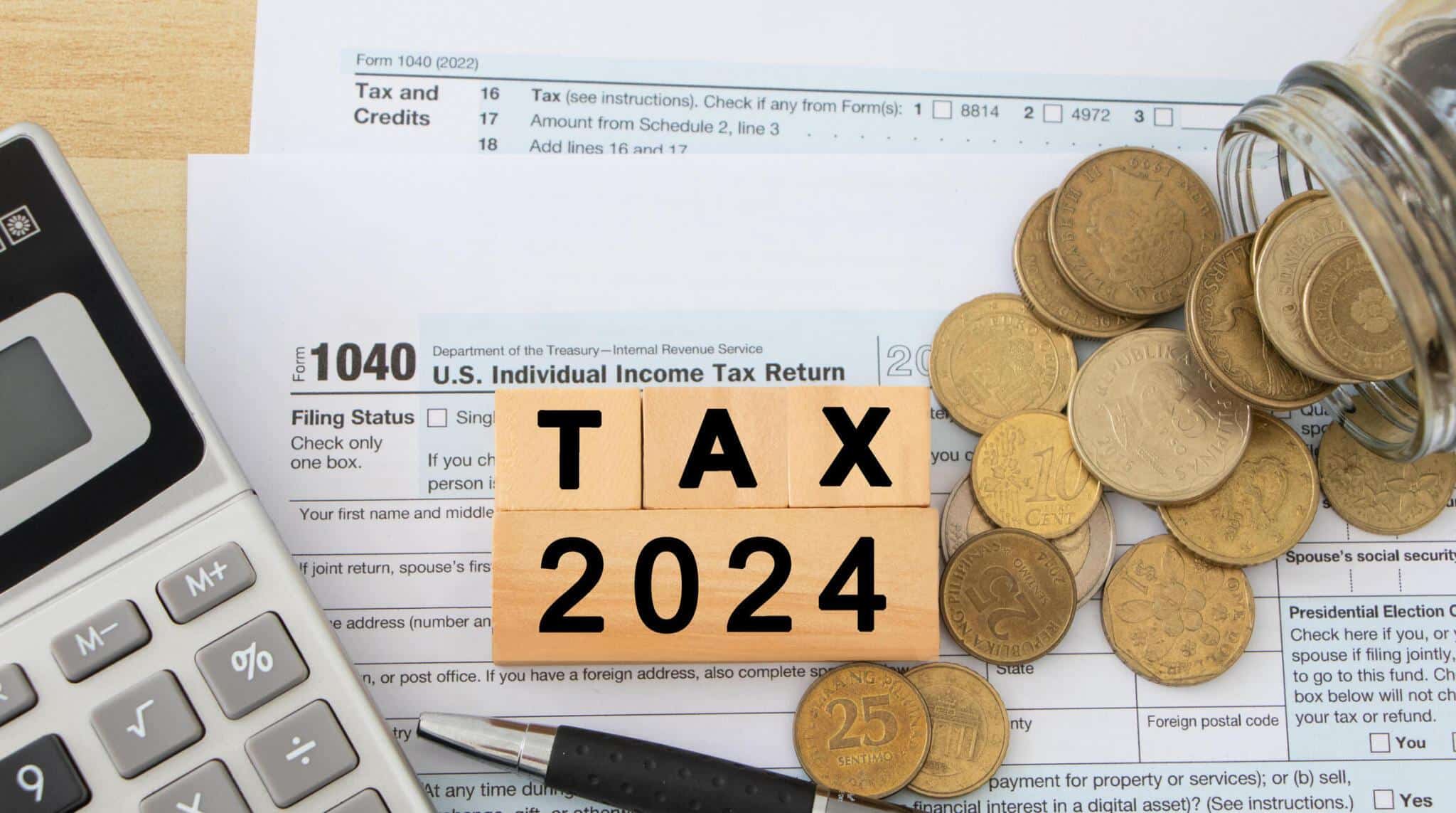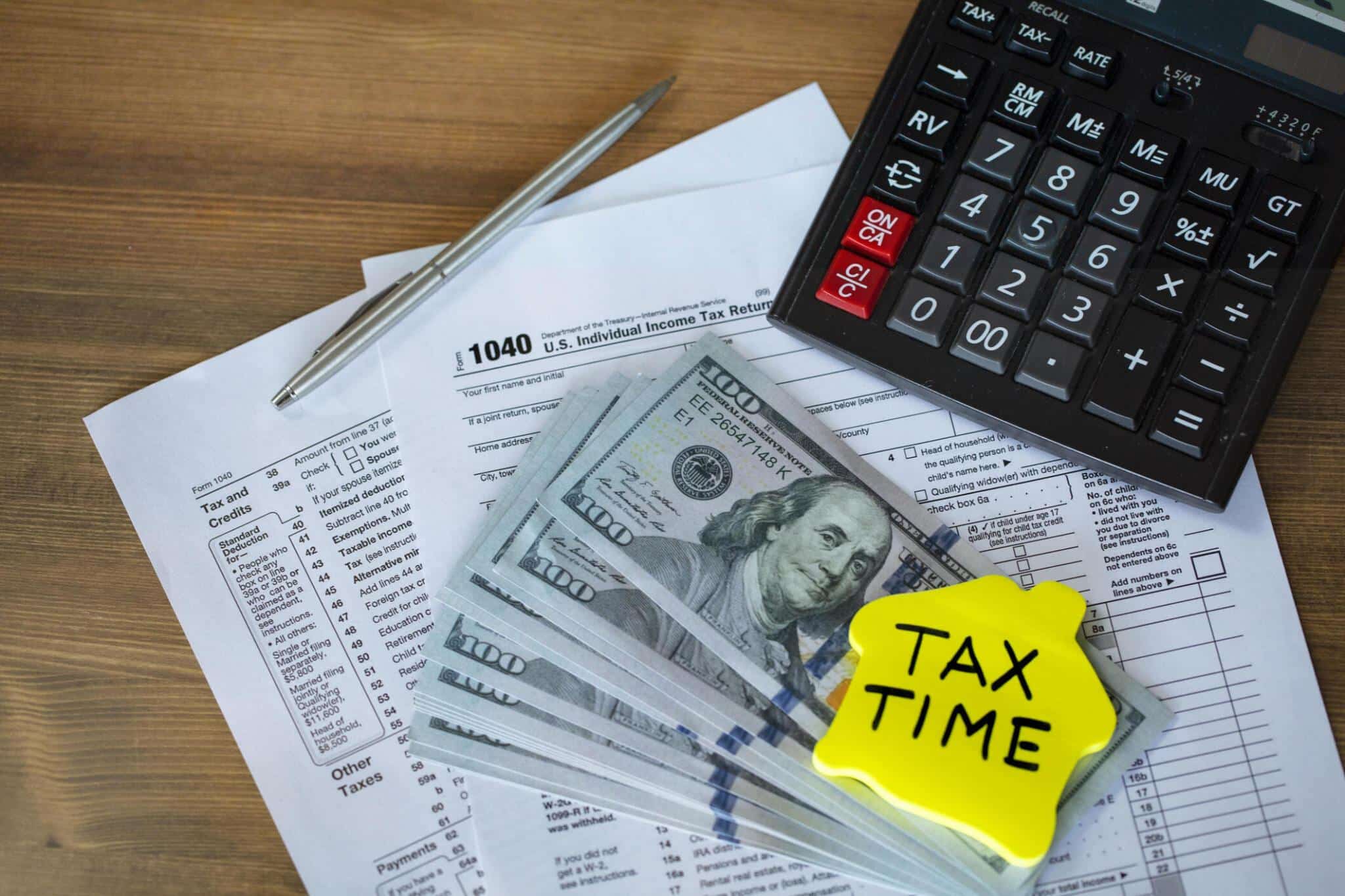You have seen the ads on tv and on social media at tax time. They all declare the accountant who does your tax return will help you to pay as little tax as possible.
Of course, you want to keep as much money in your pocket as you can, especially if you run a business. However, there are some times in your life when minimising your income for your tax return can backfire.
Take a look at a few scenarios:
You want to borrow to purchase a house or expand your business
When you approach a lender for a home loan or to finance new equipment, stock or other items for your business, they need to see a healthy financial history.
It’s ironic… but the more money you have, the easier it is to borrow. Lenders look at a range of factors such as the way you control your money and your credit rating, but income is definitely a big one.
If you have plans to borrow, you may need to do some research and speak with a broker about the kind of income you will need to show a record of. Then when you work with an accountant for your tax return, let them know you don’t want them to pull out all the stops to reduce your taxable income so it drops lower than that figure.
This strategy doesn’t have to be repeated year in, year out as you may not always be in the market for a loan. But keep in mind that lenders generally want around two years’ worth of income statements and plan accordingly. It’s a great idea to have a lending specialist/mortgage broker you are in regular contact with so you can work on a strategy together.
You are shopping for insurance
Whether you are a small business owner, sole trader or PAYG employee, if you have regular expenses in your life (and who doesn’t), it helps to have income protection.
Your insurer will refer to your tax returns to get an idea of how much money you make. Your income protection will give you around 75% of your monthly income should you fall ill or be unable to work because of an accident. If you have failed to declare your income so you don’t have to pay tax, your income protection will only match the amount you say you earn.
You take minimising tax too far
A mate at the pub may proudly declare they don’t pay any income tax, or they hide their income and only report earning a few dollars above minimum wage.
Be very cautious about taking this approach. Firstly, there are benchmarks which the ATO keeps track of. If you’re running a seemingly successful business but only reporting a very low figure, you may be flagged to be audited.
It is also illegal to fail to declare your income in a truthful way. Tax accountants are specialists, not miracle workers so be aware of anyone who makes promises that are too good to be true.
How to not minimise your tax return
It does sound counterproductive to want to increase your tax bill but as you can see from the mortgage and insurance examples, sometimes doing so makes sense.
If you do want to demonstrate a higher income for the financial year, you can delay paying bills or making big purchases until the financial new year and ask your suppliers to pay their invoices before June 30th.
Get some advice
When you are running a business, studying or working full time, it can be hard to know what to do when it comes to declaring your income and filing your taxes in a way that helps you reach your goals.
Speak to an accountant for tax returns who will take the time to get to know you and help you figure out the best approach. Read more: Why tax time isn’t final
Mobbs & Co are the leading accountants for tax returns in Brisbane, the Sunshine Coast and Caboolture. Contact us today to make an appointment and discuss your tax return.










